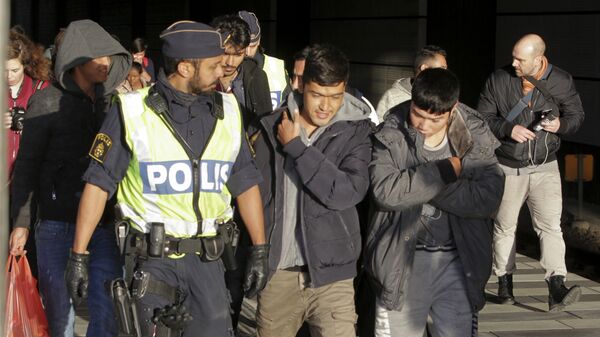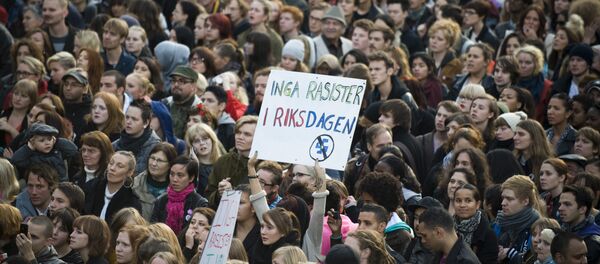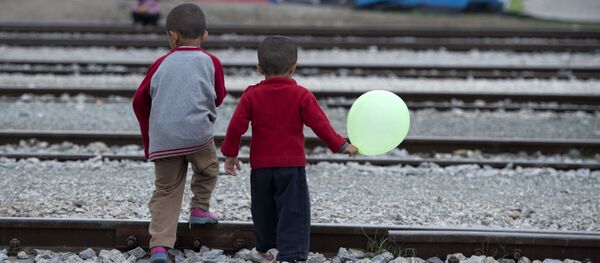Remarkably, the figures for various immigrant groups differ only slightly. Iranians and Syrians were reported as "most willing" to return home with 13 and 11 percent respectively. Only 4 percent of Afghans, Iraqis and Eritreans expressed a desire to return home, whereas not a single Somalian voiced his or her readiness to do so. Even fewer asylum-seekers believe they would end up back home within a decade. Only 5 percent of the respondents believe they would be deported let alone return voluntarily.
"Many people come from countries and communities that became totally destroyed. This is something we see on the news every day. There are cities that do not exist. The explanation must be reasonably related to the conflicts in their countries of origin, like how much of the community is left, says Fredrik Saboonchi, Professor of Public Health at the Red Cross College, told Expressen.
According to psychotherapist Peter Hagman, director of the Red Cross therapy center for war-wounded and tortured, in the town of Skövde, it is only natural for the long wait to create helplessness and fatigue.
"It is clear that many asylum-seekers feel great concern, particularly after the toughening of the asylum laws last summer. As a result of this virtually no asylum-seeker will be able to meet their husband, wife or children for at least three years," Peter Hagman said.
"More feel worse now due to having to wait for so incredibly long. They are stuck in accommodation centers somewhere in the woods month in and month out, with the nearest bus stop at several kilometers' distance. In some places, the mobile coverage is very poor, and in others opportunities are very limited," Margareta Rolfhamre said.
Sweden's Migration Board blamed the long waiting times on the aftermath of last year's migrant crisis. So far this year, less than half of last year's 163,000 asylum applications have been processed. In the future, waiting times are expected to increase further, to over 14-15 months.
All in all, reporters at the Swedish tabloid newspaper Expressen visited 18 refugee accommodations across the country to question a total of 1,691 immigrants about their outlook on life.








